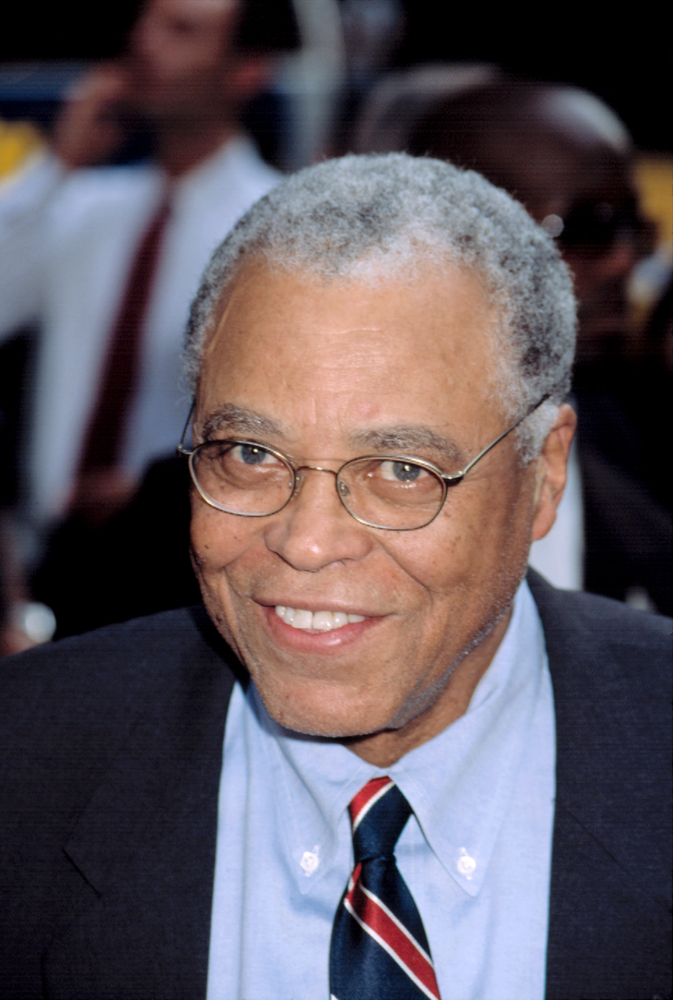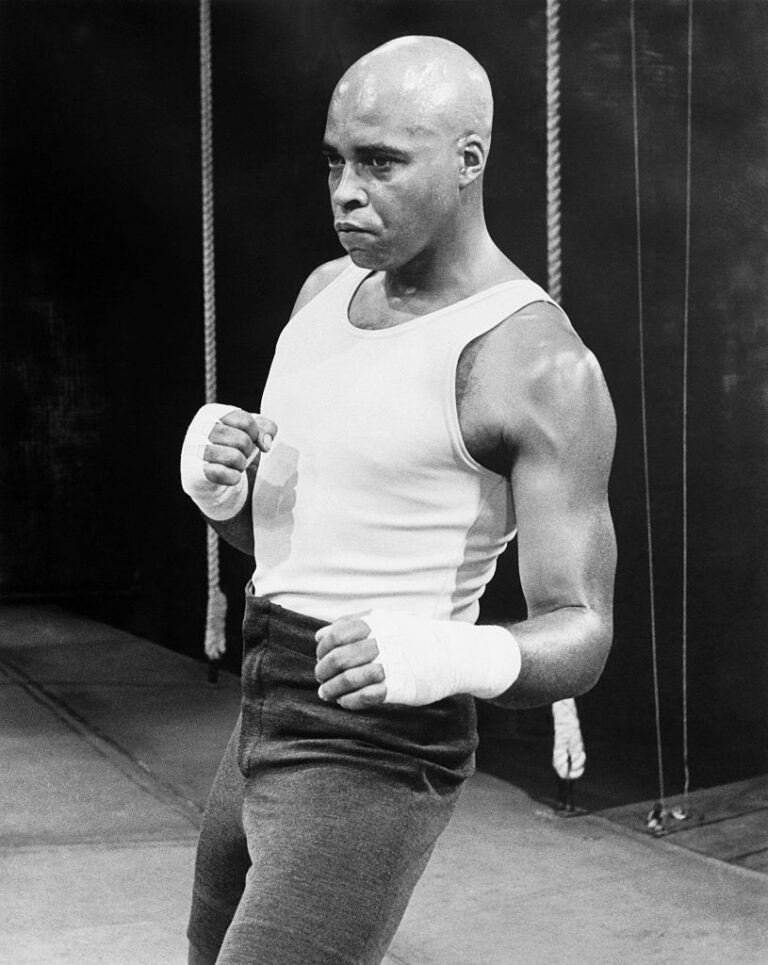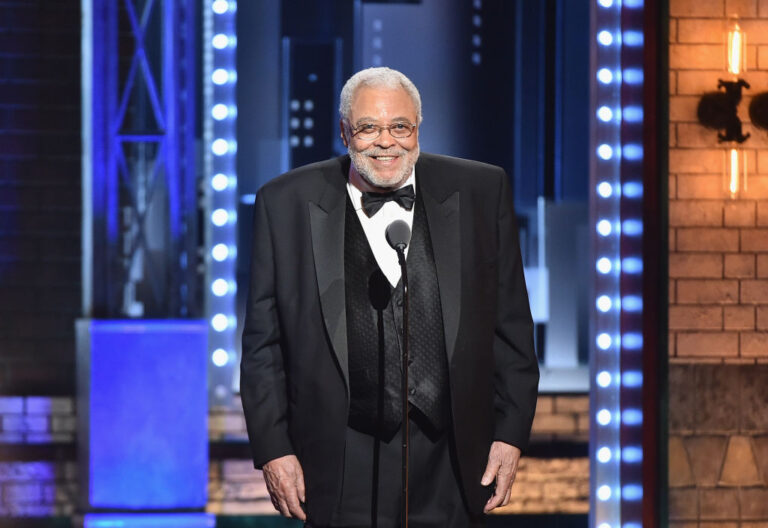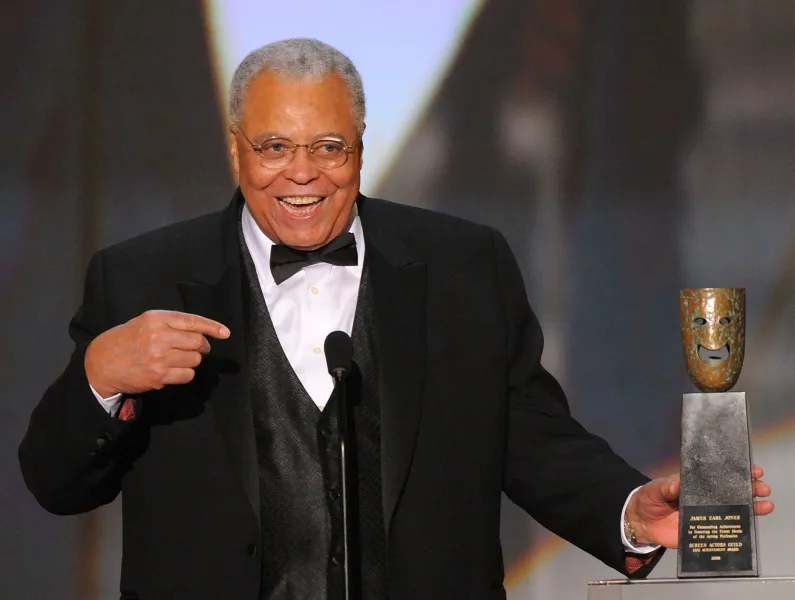
James Earl Jones, the beloved stage and screen actor who lent his iconic, deep voice to Darth Vader in Star Wars and Mufasa in The Lion King, has died at 93.
Regarded as one of the best actors of his generation, Jones’ career spanned Shakespeare to Hollywood hits. He is one of the few actors to have won an Emmy, Grammy, Oscar, Tony Award.
The actor’s death was reported by Deadline, via his representatives at Independent Artist Group.
James Earl Jones was born January 17, 1931 in Arkabutla, Mississippi and raised by his grandparents in Dublin, Michigan. While he would later become one of the most famous voices in the world, he says he suffered from a stutter in his youth.

“I was a stutterer. I couldn’t talk,” Jones recalled in a 1996 interview. “So my first year of school was my first mute year, and then those mute years continued until I got to high school.” A teacher encouraged him to overcome his stutter by reading poetry aloud.
Jones served in the US Army during the Korean War, and after decided to pursue a career in acting. He studied at the American Theatre Wing, working as a janitor to support himself. By the 1960s, Jones was establishing himself as one of his generation’s great Shakespearean actors, playing roles like Othello and King Lear. He also made his film debut in Stanley Kubrick’s classic 1964 comedy Dr. Strangelove, as bombadier Lt. Lothar Zogg.

In 1967, he played a boxer in The Great White Hope, winning the Tony Award for Best Actor in a Play. He reprised the role in the 1970 film version, receiving his first Academy Award nomination.
Amidst all his acclaimed acting work, Jones soon landed his most well-known and iconic role — one where he didn’t even have to appear on set: voicing the villainous Darth Vader in Star Wars. While Vader was played in costume by David Prowse, Jones dubbed over the lines with his own deep bass voice, helping to create one of the most famous characters in movie history.
While Jones originally opted to go uncredited for the role, it has become perhaps his most famous performance. He continued to voice Vader for decades, in the two sequels The Empire Strikes Back and Return of the Jedi, the prequel Revenge of the Sith and the spin-off Rogue One. In 2022, Jones retired from the role, but signed an agreement for his voice to be used in future projects using artificial intelligence and archive recordings.

Jones also provided the voice of another beloved movie character, Mufasa in the 1994 Disney film The Lion King. Jones later reprised the role in the 2019 remake.
Throughout the ’80s and ’90s, Jones appeared in many Hollywood films, including Conan the Barbarian, Coming to America, Field of Dreams, and The Hunt for Red October, Patriot Games and The Sandlot. He also won his second Tony Award, starring in the original production of August Wilson’s Fences.
He received eight Emmy Award nominations for his television work, winning twice in 1991: Outstanding Supporting Actor in a Limited Series or Movie for Heat Wave and Outstanding Lead Actor in a Drama Series for Gabriel’s Fire.

Jones also continued to perform on Broadway: over the past 20 years he starred in revivals of On Golden Pond, Cat on a Hot Tin Roof, Driving Miss Daisy, The Best Man and You Can’t Take it With You.
Jones was the recipient of many awards and honors throughout his acclaimed career. He received an Honorary Academy Award in 2011, making him one of the only people to have won an Emmy, Grammy, Oscar and Tony Award, known as “EGOT.” Broadway’s Cort Theatre was renamed the James Earl Jones Theatre in his honor in 2022.
Rest in peace to the iconic James Earl Jones, one of the greatest actors of our time — please share this
Lost Planes Found After Decades – Researchers Burst Into Tears When They See What’s Inside.

A group of researchers, led by Philip, stumbled upon an abandoned plane hidden in the Alaskan wilderness. The discovery left them astounded, especially when they uncovered a mysterious box inside the plane that held more questions than answers.
Philip, initially on a mission to plant a satellite device on a mountain, found the plane and immediately recognized that it had likely been there for decades. The size of the aircraft and its inconspicuous location raised questions about how it went unnoticed for so long
Faced with the decision to enter the plane alone, Philip wisely signaled his colleagues with a flare gun, prompting them to arrive by helicopter. Once inside the plane, they were met with shock as they marveled at the well-preserved aircraft that seemed frozen in time.
Philip’s motivation for this project stemmed from receiving an anonymous letter at home, which ultimately led him on a mysterious journey. Guided by a series of cryptic notes, Philip uncovered an urban legend about a missing plane, Flight 66, that disappeared en route to Japan decades ago. The legend suggested that the plane vanished from radar without a trace, leaving behind a mystery that intrigued and baffled many.
Determined to solve the mystery, Philip embarked on a quest to uncover the route the missing plane might have taken. A new anonymous note directed him to the right side of town and led him to a man named Theo. Theo, in turn, provided Philip with coordinates that further guided his investigation.
Following the coordinates through a deserted town and a mountain path, Philip eventually reached the top where he found the buried plane. However, a deep layer of snow and treacherous conditions made the journey hazardous.
The researchers, now a trio with the addition of Lincoln and Greg, started the painstaking process of digging out the plane. Their efforts were rewarded when they discovered a mysterious box inside the tail of the aircraft. The contents, or rather the absence of contents, left them perplexed.



Leave a Reply